StackOverflow reports that Python is currently at the height of popularity. It’s simple, versatile and a fit for the purpose in areas like web development, data science, DevOps, and more. Python is a choice of many companies, including Netflix, Instagram, and Dropbox among others. Those are highly loaded sites that process millions of user requests per day, and Python is central to sustaining their top-notch performance. To make the most of Python’s ecosystem, read more on Python frameworks.
Choosing the best Python web framework
Frameworks are the foundation of web development. Choosing one largely depends on the type of app you intend to develop.
Django and Flask are the top Python frameworks so far. When the tradeoff boils down to these two, the majority would go with Django. Flask is mostly chosen by those who for some reasons cannot use Django. Yet each framework comes with functions that you might find suitable, depending on the needs of your project.
Django and Flask represent two major categories of frameworks, full-stack frameworks and microframeworks (sometimes called non-full-stack), respectively.
Choosing a full-stack framework, you will have a variety of tools and packages at hand to develop any kind of application. Those are MVC architecture, ORM, routers, templating engine, security, and more. Full-stack frameworks are sizeable because they contain several modules, components and services.
A micro framework, on the other hand, fits into a single code source file. As such, it’s used whenever minimum coding is required like small applications and REST-based apps. Microframeworks lack functionality but they can be extended with databases and templating engines.
Read also: Six Huge Tech Companies That Use Python
If you need to develop a feature-rich system, it’s best to choose one of the full-stack frameworks. A micro-framework is a good choice for small and mid-sized projects, prototyping, and learning the structure of frameworks.
Making a decision, be mindful of the project’s future. Perhaps what seems like a small project today will evolve into a high traffic website. Or you will want to add a slew of functions to it, following the ever-changing market needs.
Python web development: Full-stack frameworks
Django
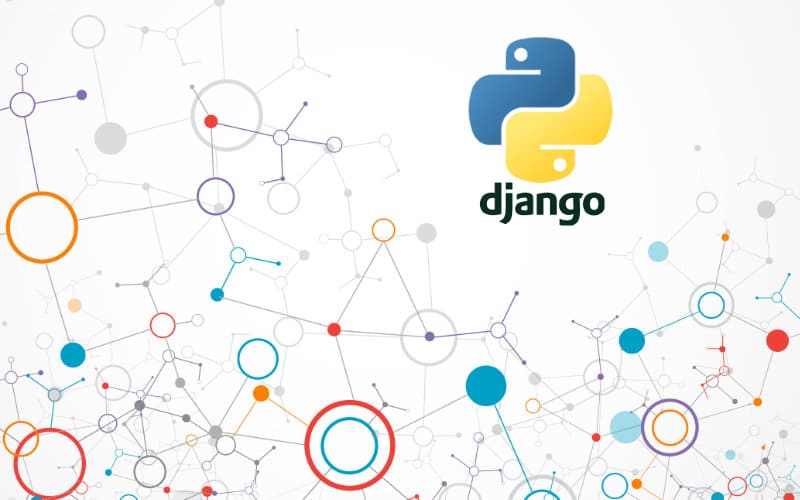
A full-stack framework, Django perfectly suits large, complex projects. It stands out as an excellent solution thanks to a huge amount of commonly used functions, which eliminates the need for stand-alone libraries. The framework includes authorization, URL routing, a template engine, ORM for interaction with databases, admin interface, email service, and many more. All of this makes Django a scalable and versatile framework.
Reasons why Django is so popular:
- A vast ecosystem of functions
- Time-tested
- SEO optimized
- Pluggable
- Highly scalable
- Secure
- Regularly updated
Pyramid
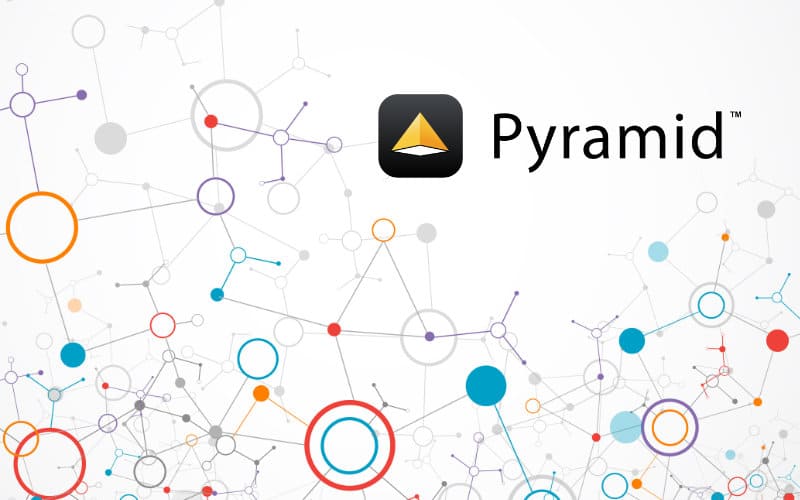
Pyramid is a minimalistic “open-source” framework that suits both large apps (for example CMS) and small prototypes with Python. Its goal is to do more with less effort – very much in the spirit of Python. Pyramid excels at URL generation, API development, configuration extensions, testing, and data documentation. It is open source and completely free.
Web2py
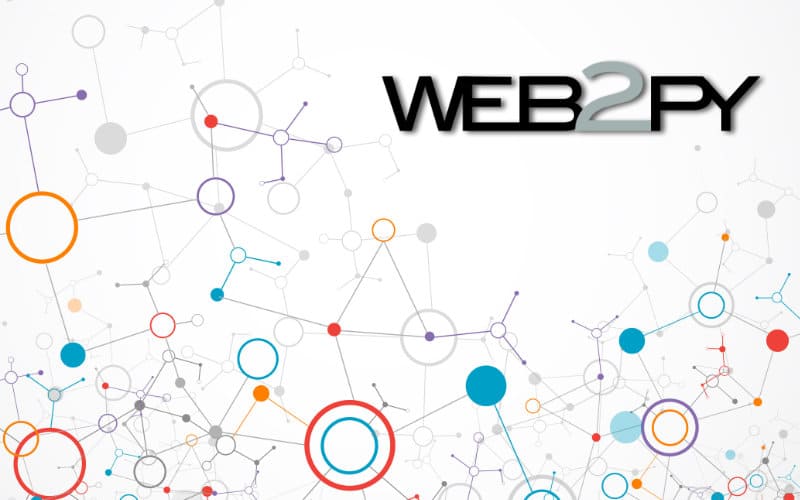
Web2py a scalable, highly secure open-source environment written in Python. This framework is designed for the development of secure applications based on databases.
Web2py is also a powerful tool for data processing. It’s incompatible with Python 3 but works with Windows, MacOS, Google App Engine environments. This framework comes with a web IDE for code editing, debugger, and one-click deployment capability, error tracking ticket system.
TurboGears
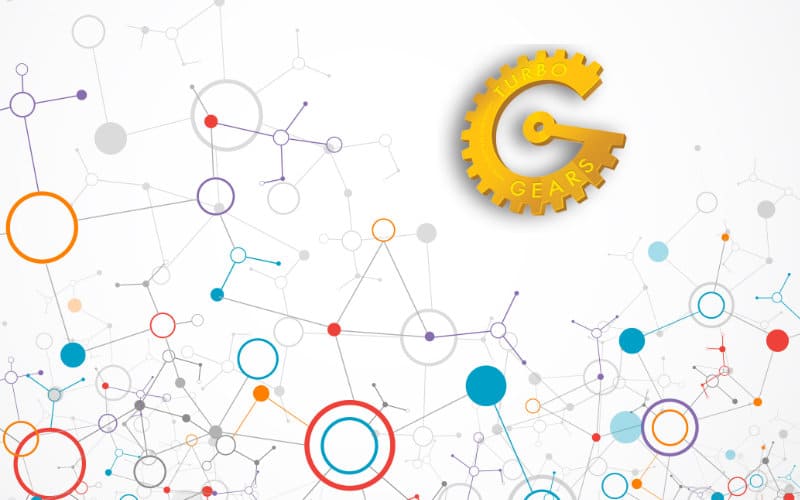
TurboGears is a data-driven framework for web applications used for creating extensible web applications. TurboGears comes with comfortable templates and a powerful and flexible ORM. TurboGears’s most important functions include multiple database support, Pylon support, validation for FormEncode, command line tools, and function decorator.
Microframeworks
Flask
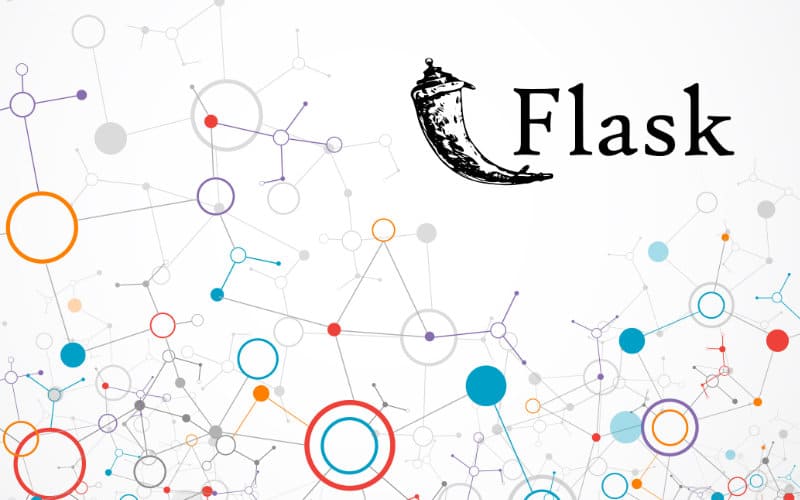
The idea behind Flask is creating a solid foundation for fast scaling of a web project. It’s a perfect choice for rapid prototyping and stand-alone applications.
Flask is a microframework, which means it is more focused on simplicity and less on functions. The microframework Flask is based on the Pocoo projects Werkzeug (utility library for Python) and Jinja2 (template engine). Because Flask is a lightweight modular framework, it can be adapted to a variety of tasks. It has a number of useful features, such as an integrated development server and a quick debugger, Jinja2 template engine, support for secure cookies, the ability to connect any ORM.
Bottle
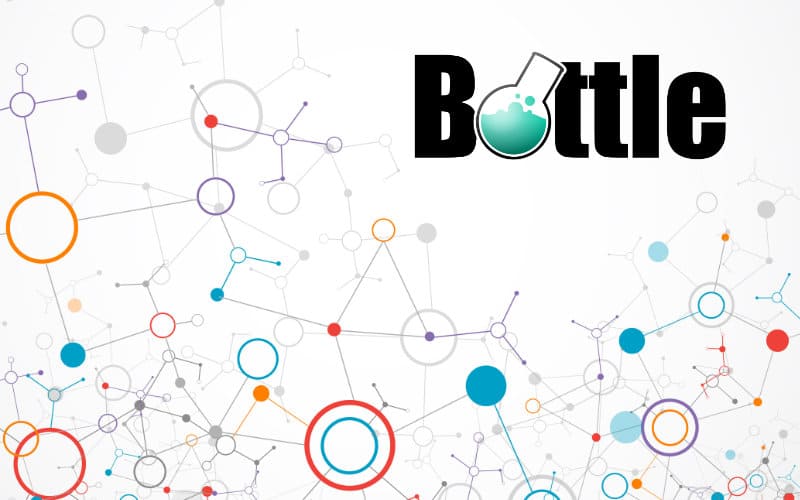
Minimalistic by design, Bottle is a good fit for small projects and prototyping. It consists of a single source file. Other than a standard Python library, this framework has no external dependencies.
Bottle is faster than many of its competitors, but it lacks functionality needed for large projects. It has a built-in HTTP server, routing with support for URL parameters, template support, convenient work with forms, downloading files, debugging in “debug” mode.
CherryPy
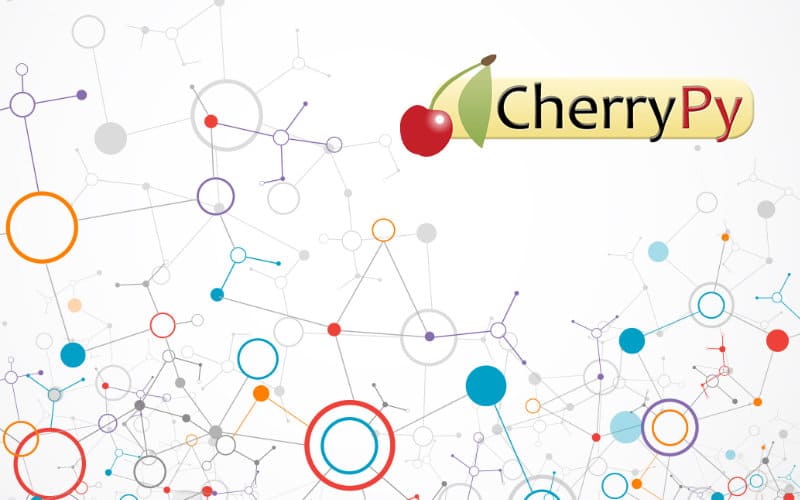
CherryPy is known as a lightweight, object-oriented framework. It allows to create stand-alone applications capable of embedding its own multithreaded server. CherryPy apps run on any OS that supports Python. With CherryPy, there’s a possibility to use any technology for templates, process articles, cookies, download files, and more. CherryPy has a built-in plugin system and support for the profiling, testing, and coverage, ability to run multiple HTTP servers simultaneously, a configuration system, and out-of-the-box cashing, decoding, authentification, static content processing, and more.
Hug
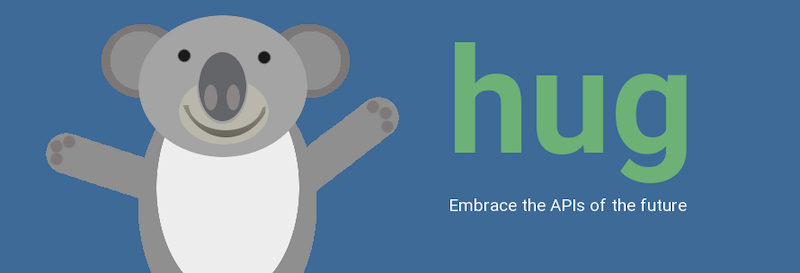
The fastest Python 3 platform, Hug makes API development succinct by offering a variety of interfaces. Hug encompasses support for automatic documentation, annotation-based validation integrated version control, and can be used as a library in other Python applications. The Hug environment assumes little integration and coding while remaining functional and highly performing. The community is expanding, so you will get all the needed support.
Alternative
Tornado
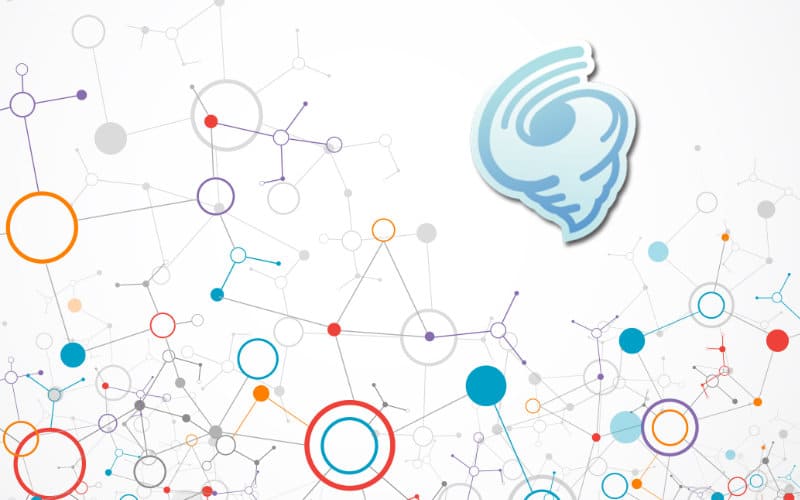
Tornado is a Python web framework and an asynchronous library that can handle numerous associations at once. It can scale up to tens of thousands of open connections, making it an ideal solution for long polling, WebSockets and other applications that require a long-term connection with the user and large amounts of traffic.
Tornado supports a wide range of baseline functionality, including user authentication and authorization, a Python-based template engine, and internationalization and localization tools. At the same time, it is a highly performing solution. If you are starting a project with high-performance requirements but want to get a wide range of baseline functionality, then the Tornado framework is a great choice.
Python web application development with NCube
Our list is far from being exhaustive. When it comes to Python, there are lots of options to choose from as each comes with unique peculiarities. Basing on our experience, developers skilled in Python are a great complement to web development and data science teams. We can augment your team with Python talent based in Ukraine, in a similar way we did for 4D Healthware, Nutrition Factors, Sales Fusion, Fetch, and FRST. Let’s connect?
According to StackOverflow, Python is the fastest-growing major programming language. This year, it has even surpassed Java to become the second most popular language.
Yet Python is not only popular with developers. Many top-tier companies bet on Python as well. More than that, Python is so versatile that it used by people from various disciplines and for a variety of tasks, such as data analysis, machine learning, artificial intelligence, and automation. With Python we can also build web, mobile, desktop applications as well as perform QA testing.
If you are considering using this language in your project, take a look at our list of companies that use Python. But first of all…
Checkout: Top Web Development Trends to follow in 2020.
What can Python do for your development team?
- Python allows to solve complex problems quickly and with less amount of code, which saves time and effort for development.
- The ecosystem around Python is extensive and includes a massive amount of libraries that do lots of things.
- It’s a high-level language, so it’s programmer-friendly, easy to code, debug and maintain.
- Due to a simple but powerful syntax, lots of trivial things can be done easier with Python than with other languages. This is a major time savior because you don’t have to struggle with the language.
- A large ecosystem of libraries and frameworks that provide ready-made features for improved time-to-market. Python’s libs and frameworks offer a great solution for machine learning, computer vision, NLP, and data science: Tensorflow, Theano, Pandas, Scikit-Learn, NumPy, Keras, Pytorch
- Python is cross-platform, meaning you can build and run applications on Windows, Mac, and Linux.
- If you are going to use Python for business, there are incredible Python web frameworks to get your web project off the ground quickly: Django, Flask, Pyramid.
Companies that use Python: Netflix

Netflix is a great example of the classic use of Python. Netflix prefers Python because of its vast ecosystem of vetted tools that keep their system going.
Netflix is a pretty big company, with 140 million users, lots of systems are running. The company leverages Python to reinforce the security of the system, analyze alerts and data reports.
They also rely on Python to reinforce machine learning capabilities that analyze movies, optimize streaming and to pull out images to display thumbnails. Python is used across the entire system. The most significant applications of the language are:
- In the operations: Netflix uses Python libraries like NumPy, SciPy to perform numerical analysis.
- Security: Python for security automation, risk classification, remediation, and vulnerability identification.
- Machine learning: for training machine learning models that are used for everything from recommendation algorithms to artwork personalization.

Python is an indispensable part of Google as we know it. It was a relatively young language when Google decided to adopt it. In fact, Google’s entire stack and first search language were written in Python. The language is extensively promoted by Googlers who are the main contributors to the language.
Google uses a variety of languages on the server-side, including C++, Java and Go. Python became part of elements that required fast delivery and easy deployment and maintenance. Google App Engine is written in Python and still remains a great example of Python application.
Dropbox

Dropbox’s entire stack was written in Python, and they started using Go later on. The company even pulled the Python creator, Guido van Rossum, from Google where he had been employed for years. He joined Dropbox as an engineer and made it possible to share datastores between members of Dropbox community. Lots of company’s libraries are not open source, so it’s hard to say the extent of Dropbox’s reliance on Python. However, the company released an API written in Python and we can assume that a huge amount of server-side code is also written in Python.

In 2017, Instagram migrated to Python 3, and now is using it at full scale, relying on Django-Python architecture. A few years ago, the engineering team voiced reasons why Python became their primary choice. The main reasons why the company chose Python were simplicity, efficiency, and practicality. For a rapidly growing company, these things are extremely important. With Python, developers didn’t have to struggle with the language and focused on developing features we all can enjoy today.
Instagram considered migrating to PHP, but after some deliberation, they realized that it won’t improve performance significantly. The company decided to bet on Python because each new update brings improvement to the speed.
Stripe

Stripe is a Fintech startup that allows businesses to accept payments over the web. The company used Python to develop APIs that can be integrated into websites and mobile applications. Stripe simplifies the way online businesses handle transactions. Its services include invoicing, subscription management, and fraud prevention. Stripe was estimated at 9 billion dollars, with thousands of companies using it, including Salesforce, Lyft, and Amazon. Python plays a key role in Stripe’s success.
Lots of Fintech startups choose Python because of its efficiency in financial tasks, which sort of naturally suits Fintech products that are associated with data and calculations. Another reason could be that Python is the easiest programming language to learn for finance specialists.
Spotify

Spotify uses Python extensively for analyzing data and on the app’s backend. The music streaming service has over 75 billion users, which presumes a massive amount of data. The company uses Hadoop for big data and Python-based package called Luigi that synchronizes with Hadoop. Luigi handles how the libraries work together and unifies error logs to fix bugs quickly. This package is also used together with machine learning algorithms that sustain features such as Radio and Discover as well as recommendations. Spotify has chosen Python because it speeds up the development process and the company invests heavily in development of the language by sponsoring conferences.
Final thoughts
Our list is not exhaustive, but it gives you the idea of why lots of innovative companies vouch for the advantages of Python. We can say that the main reasons are the language’s simplicity, speed of development, scalability, alongside a vast ecosystem that lets you build virtually anything with one language.
The latter is the most important. When choosing the language, look at the market around it, not just at the language itself. In terms of covering all types of programming, Python can cover web development, backend, server-side, as well as your machine learning and big data needs.
If all of these reasons align with you, you should definitely choose Python for your project. And if you are looking for a skilled team of Python developers, contact us here at NCube – we will build a virtual team for you.


